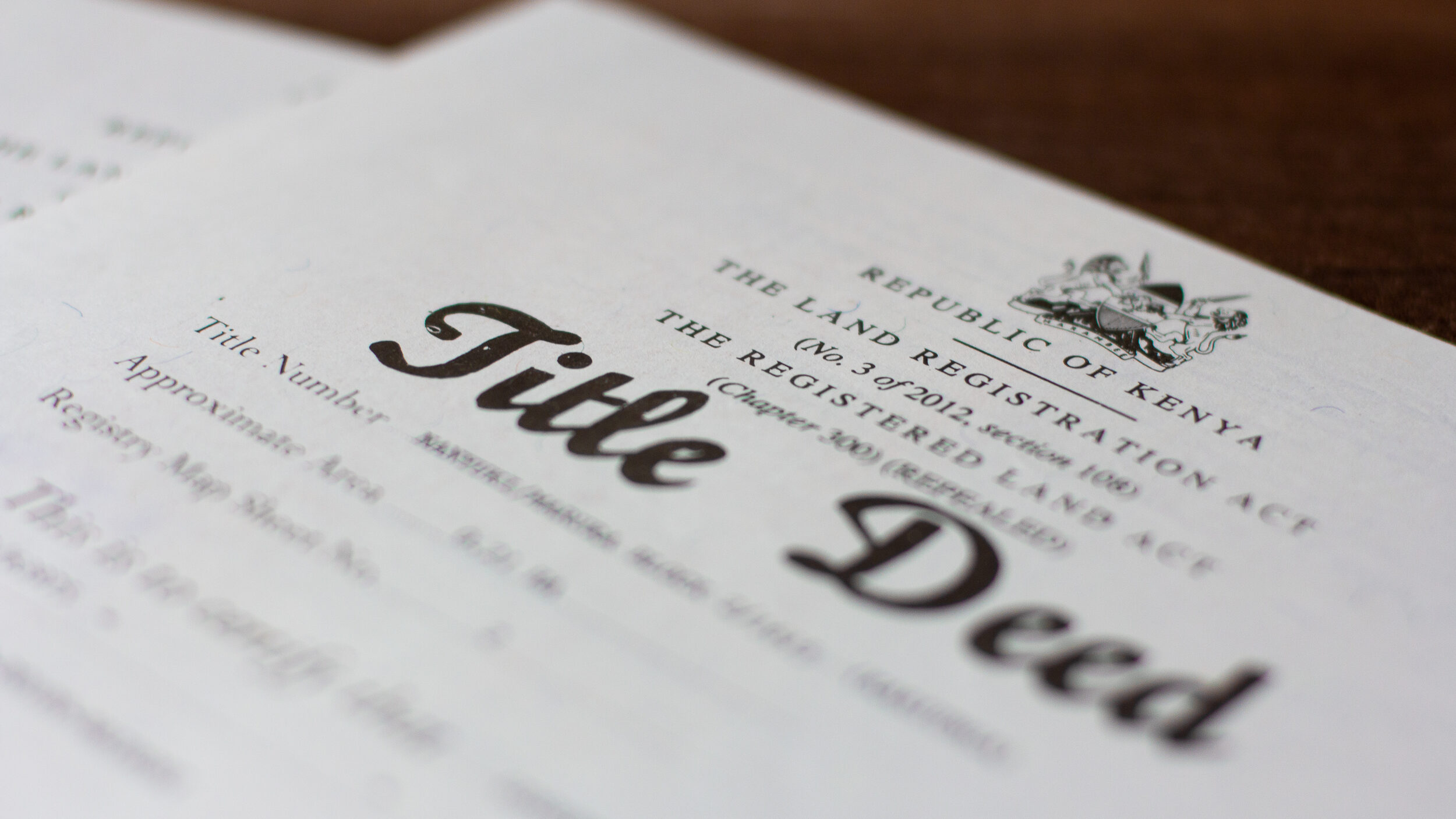Ever wondered why the so called “Squatters” keep experiencing intermittent rattling every couple of years, yet they are allowed to settle back in for a number of years before the next disturbance happens? Well, the answer lies within the doctrine of adverse possession.
Adverse possession
Otherwise referred to as squatter’s rights is a well-founded doctrine in law that allows a person who has unlawfully occupied another person’s land for a continuous period of at least 12 years to legally apply for registration rights over the property.
The three main tests in an adverse possession claim are: (a) one must have occupied the land to the exclusion of others; (b) the occupation must be without the consent of the owner; and (c) the occupation must be for a continuous and uninterrupted period of at least twelve years. So to speak, adverse possession is seen as one of the doctrine that goes against the concept of indefeasibility of title as one is able to register their ownership rights against the proprietor’s title.
Adverse possession here in Kenya borrows from the doctrine as was applied in the UK. The UK following the 2002 laws has however shifted position to protect the sanctity of title when the land concerned is registered. The claiming procedure laid under the 2002 law makes it difficult for squatters to succeed in adverse possession over registered land.
Under the 2002 UK law, a squatter seeking registration rights over registered Land in the UK after ten years of continuous occupation prompts the court to notify the proprietor of the occupied land and accord them an opportunity to oppose the application for registration. If an opposition notice is lodged, the registration is rejected unless there are equitable grounds, or that the squatter is the proprietor of the adjacent land which must be without boundaries and the squatter occupies the land subject to adverse possession in false belief that they are the owner.
However, if the application for registration is rejected and the squatter continues in occupation of the land for a
further period of two years, they are entitled to re-apply for registration. Kenyan law has not yet created a distinction between registered and unregistered land as far as adverse possession is concerned. Likewise, there is no requirement that a registered owner of land must be notified of an application for registration of adverse possession rights, and therefore land owners are always caught by surprise.
The prominence of adverse possession in Kenyan law is arguably both desirable and undesirable depending on the side of the coin one is looking at it from. Considering that the origin of the doctrine was to help prevent waste of land and to force land owners to monitor their property, truly a land owner that leaves their property unlawfully occupied for a continuous period of 12 years or more cannot be said to have needed that land in the first place.
Enforcing adverse possession may at the end of the day contribute hugely to curbing the menace of land inflation in Kenya where scarcity of property has driven land prices to unimaginable highs. On the other hand, as was the observation of the UK high court and Court of appeal in A Pye (Oxford) Ltd. v. United Kingdom a law that ousts an owner of land on the basis of inaction for 12 years is illogical and disproportionate.
Following this ruling, India which also borrowed heavily from the UK doctrine of adverse possession has also moved to call for a serious deliberation on amends to, or abolishment of the law of adverse possession altogether





